Dear EarthTalk: What is the “right to roam” and why is it controversial in the United States?
— P.K., Bend, Ore.
The “right to roam” is a concept that allows people to access and enjoy natural areas, such as parks, forests and beaches, without being restricted by private property laws. In essence, it grants people the right to walk or hike freely in the countryside, and to camp, fish and pick berries, among other activities, without obtaining prior permission or paying fees. While this right is well established in some countries like Scotland and Sweden, it is not a widespread concept in the United States, where the notion of private property is deeply ingrained.
Proponents of the right to roam argue that it promotes physical activity, environmental stewardship and mental health by encouraging people to spend more time outdoors. They also claim that it is a democratic right that allows everyone, regardless of their socio-economic status, to access and enjoy public lands. In addition, they argue that the right to roam can have positive economic effects by stimulating outdoor recreation and tourism.
However, opponents argue that it undermines private property rights, reduces landowners’ incentives to maintain their properties, and can lead to trespassing, vandalism and littering. They also claim that it can pose a threat to public safety by exposing people to dangerous terrain or wild animals.
While the right to roam is not enshrined in U.S. law, some states have passed laws that provide for limited forms of public access to private lands. For example, in some western states, such as Montana and Colorado, people can access certain types of public lands, such as rivers and streams, by crossing private lands without trespassing. Other states, such as Maine and Vermont, have passed “right-to-roam” laws that allow people to access certain types of private lands, such as coastal areas and abandoned railroad beds, for recreational purposes.
Despite these efforts, the right to roam remains controversial in the U.S., with many landowners opposing it as an infringement on their property rights. In some cases, disputes have arisen between landowners and outdoor enthusiasts, with some landowners posting “no trespassing” signs or even blocking access to public lands. Advocates for the right to roam argue that such restrictions violate the public’s right to access public lands and call for greater legal protections for outdoor recreation.
Indeed, the right to roam is a controversial concept in the U.S. that has generated debate between proponents of public access to natural areas and opponents who prioritize private property rights. While some states have taken steps to provide limited access to public lands, there is still a long way to go before the right to roam becomes a widely accepted and legally protected concept in the U.S.
EarthTalk® is produced by Roddy Scheer & Doug Moss for the 501(c)3 nonprofit EarthTalk. See more at https://emagazine.com. Send questions to: question@earthtalk.org.


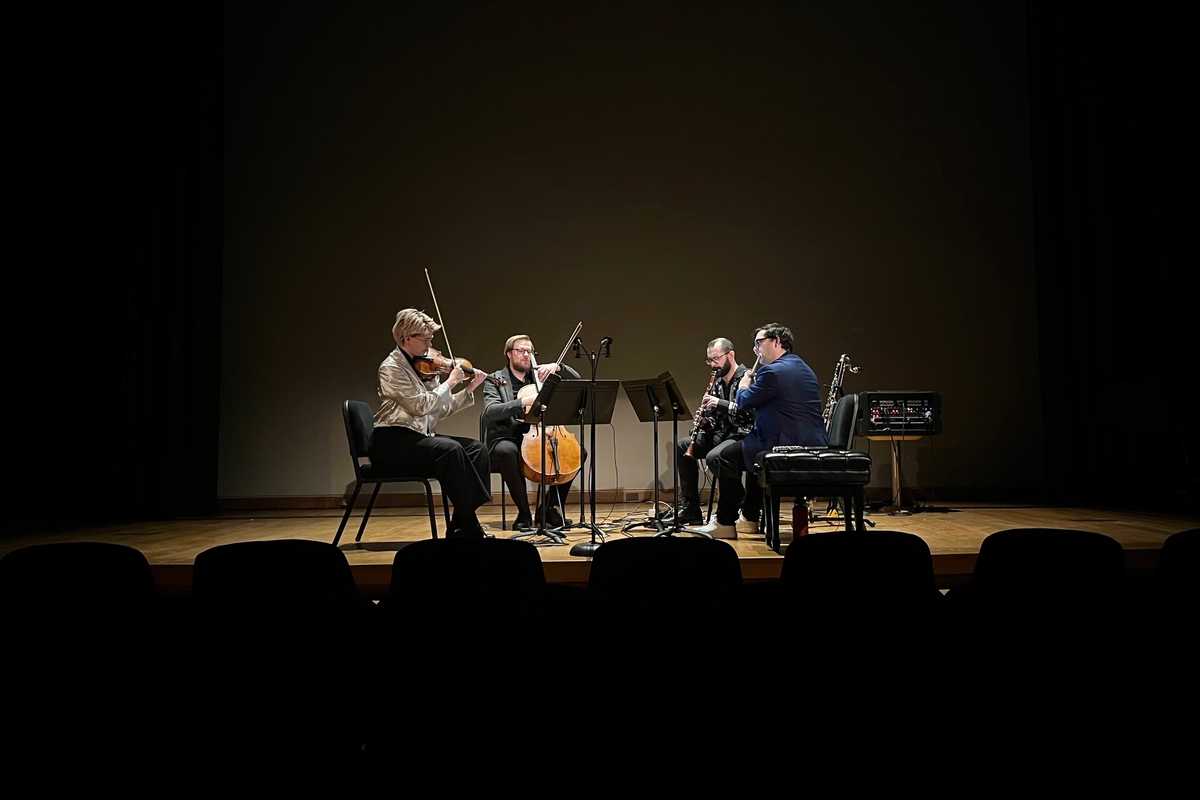
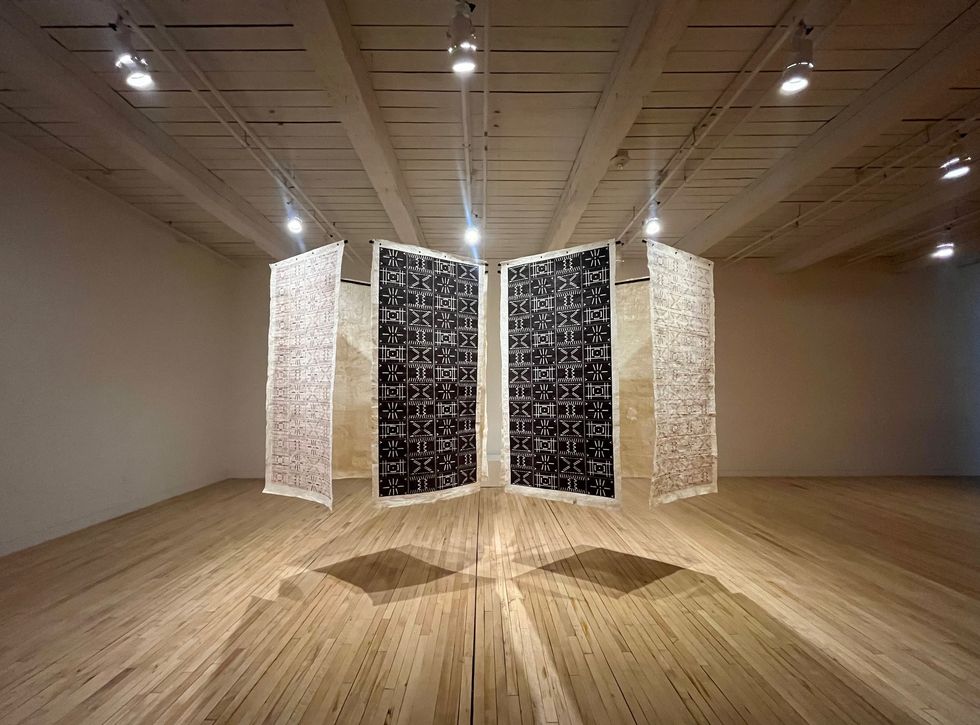 Pelenakeke Brown’s “Reverb” (detail) at Mass MoCA. D.H. Callahan
Pelenakeke Brown’s “Reverb” (detail) at Mass MoCA. D.H. Callahan


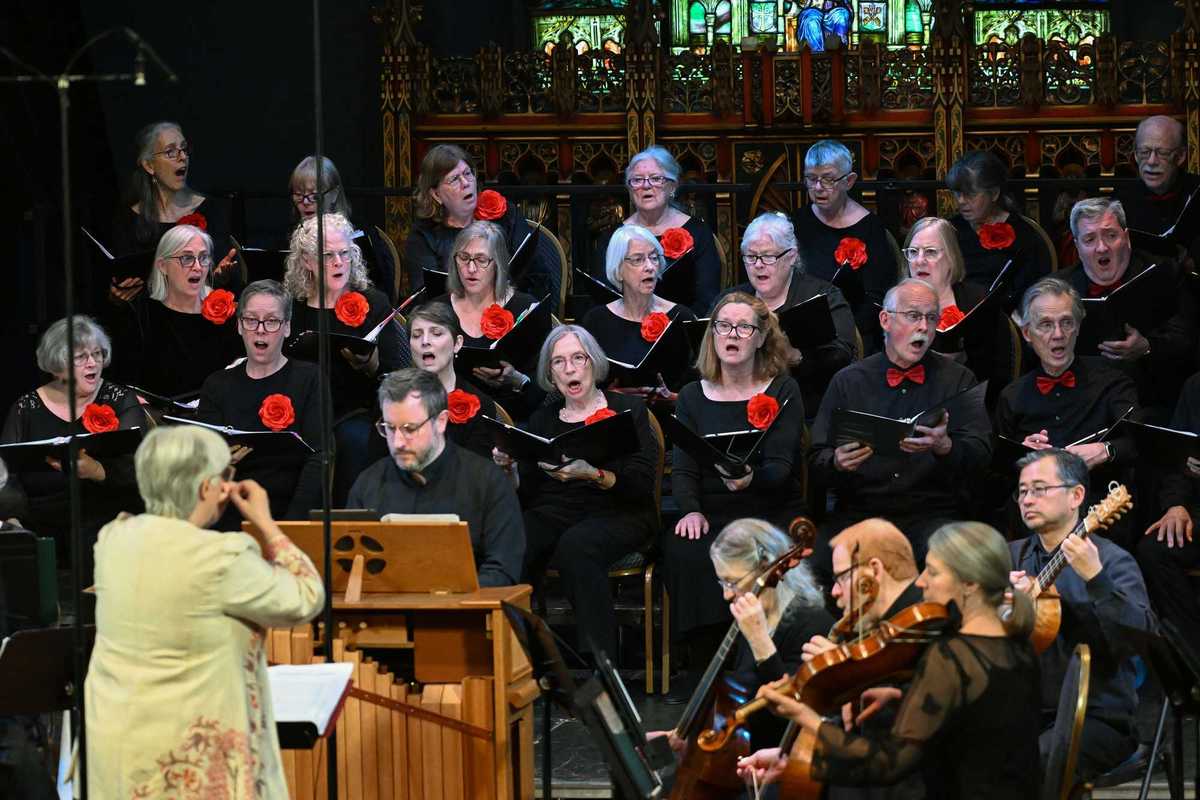

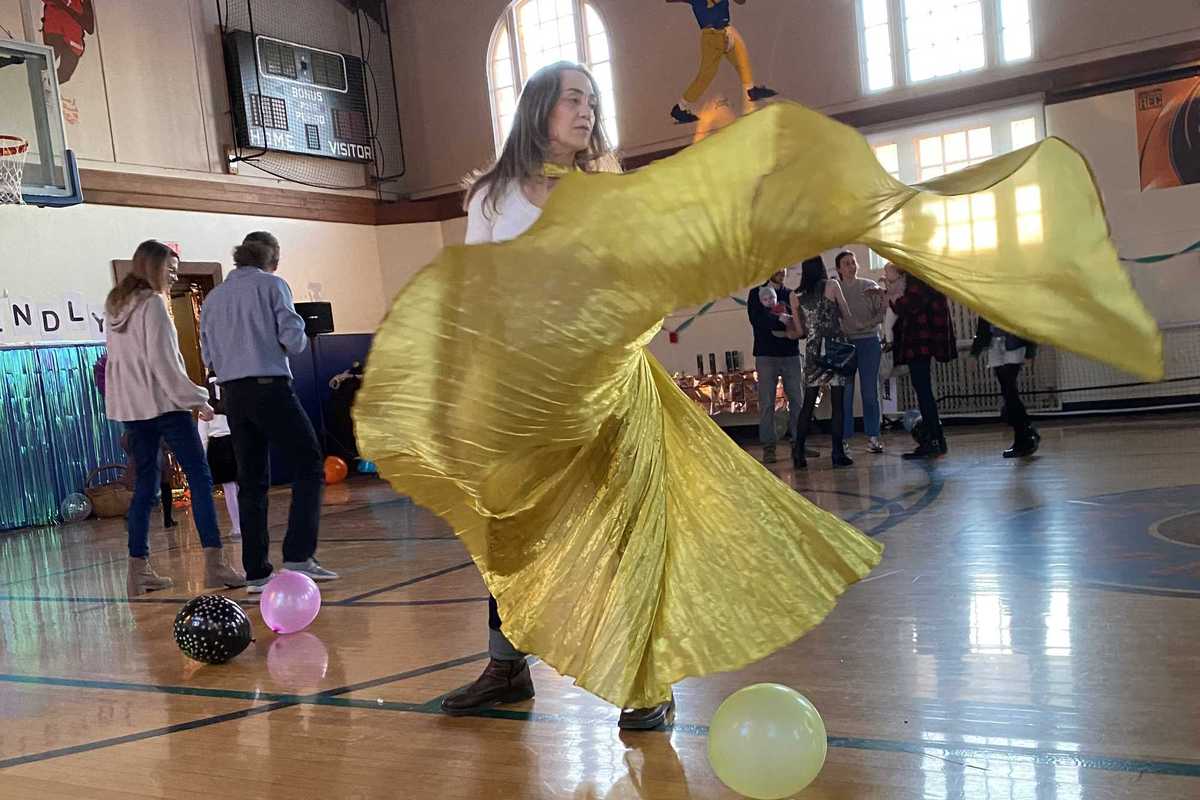
 Young dancers surveyed the scene at Club Friendly, a community dance at Village Hall on Friday, Feb. 27.Leila Hawken
Young dancers surveyed the scene at Club Friendly, a community dance at Village Hall on Friday, Feb. 27.Leila Hawken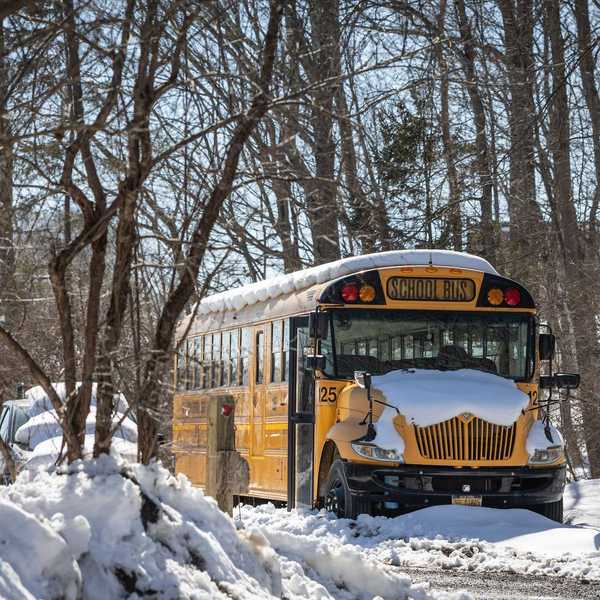


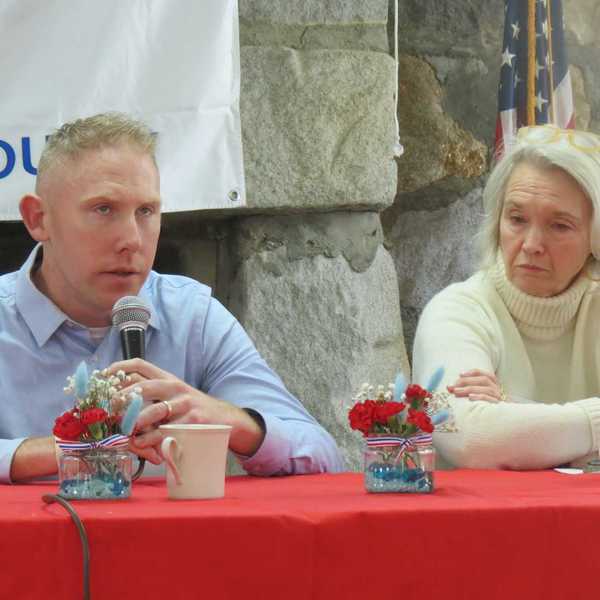
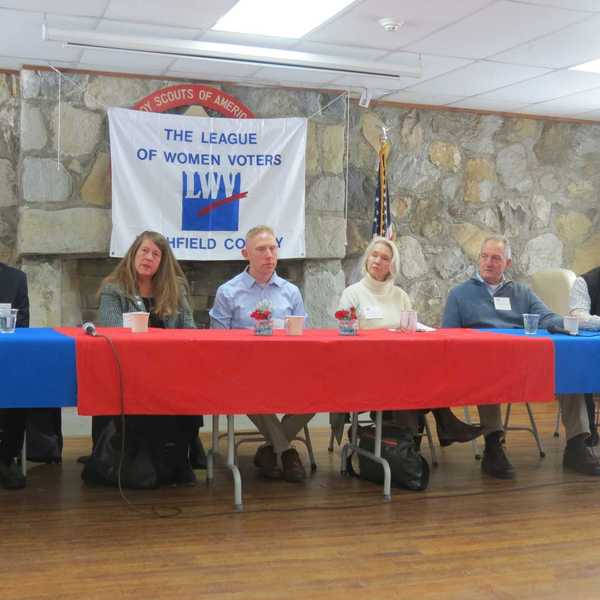

Right to roam in the U.S.